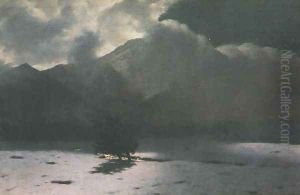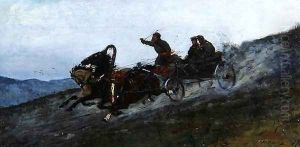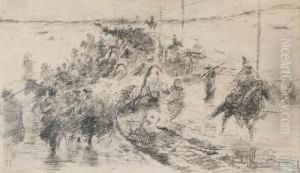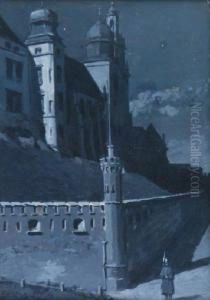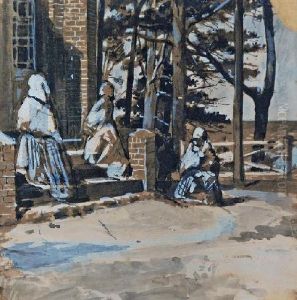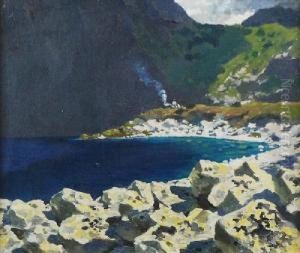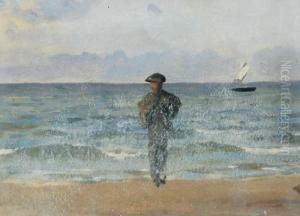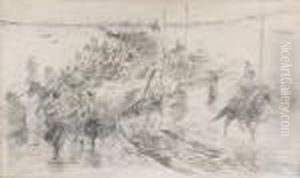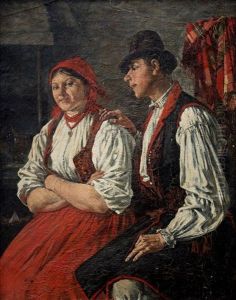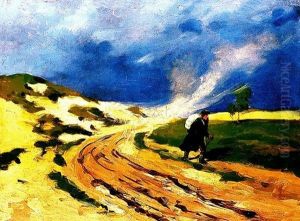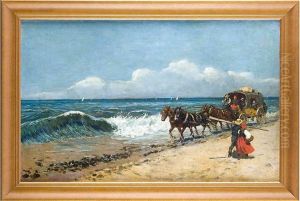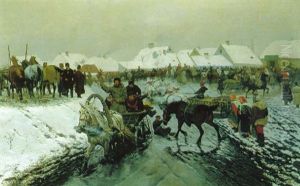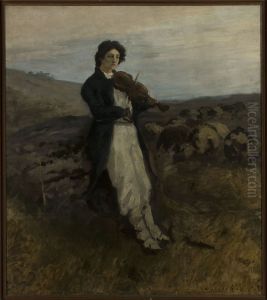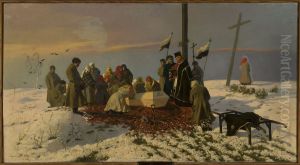Stanislaw Witkiewicz Paintings
Stanislaw Ignacy Witkiewicz, commonly known by the pseudonym Witkacy, was a Polish writer, painter, philosopher, theorist, playwright, novelist, and photographer active during the late 19th and early 20th centuries. Born on February 24, 1885, in Warsaw, Poland, into an artistic and intellectual family, Witkiewicz was exposed to art and literature from an early age. His father, Stanisław Witkiewicz, was a well-known painter and architect, which greatly influenced his early education and interest in the arts.
Witkacy was a multifaceted artist whose work was ahead of its time, often challenging the traditional norms of society and art. He is best known for his unique contribution to drama and theater, as well as his philosophical treatises and novels that explored themes of individuality, the crisis of modernity, and the dangers of social and cultural conformity.
In the realm of painting, Witkacy was influenced by various movements, including Expressionism and Symbolism, but he developed his unique style characterized by a fascination with the metaphysical and the grotesque. His portraits, often imbued with a sense of existential angst and psychological depth, reflect his ongoing exploration into the human psyche and the nature of reality.
As a playwright, Witkacy's works were revolutionary, combining absurdity with a deep philosophical inquiry into the human condition and the meaning of existence. His plays were rarely performed during his lifetime due to their non-conformist nature and the complexity of his themes, but they have since been recognized for their groundbreaking approach to drama and theatre.
Witkacy's philosophical writings, particularly his critique of the rise of consumer culture and the mechanization of life, were also ahead of their time. He believed that art and philosophy were essential for the survival of civilization in the face of technological advancement and the homogenization of cultures.
Tragically, Witkacy's life came to a premature end when he committed suicide on September 18, 1939, shortly after the Soviet invasion of Poland, deeply disillusioned by the outbreak of World War II and the collapse of the world he knew. Today, Stanislaw Ignacy Witkiewicz is celebrated as one of Poland's most innovative thinkers and artists, whose work continues to inspire and challenge audiences worldwide.
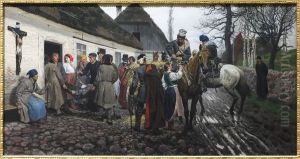
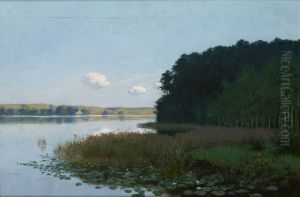
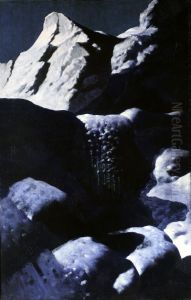
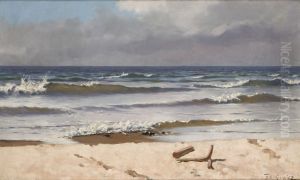
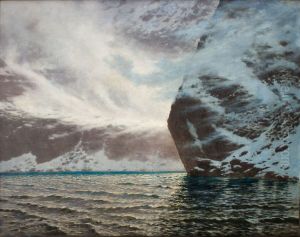



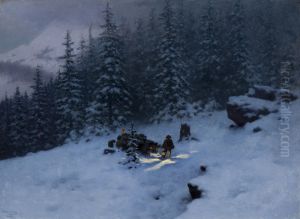






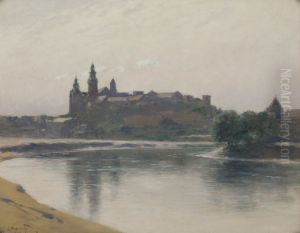



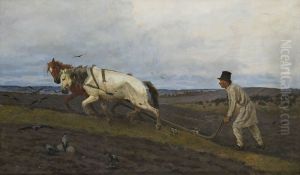



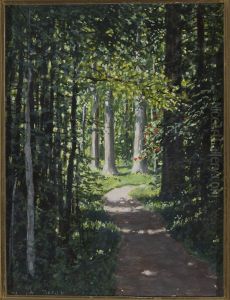
![Self-portrait [?] against the background of the landscape from Lovrana](https://www.niceartgallery.com/imgs/4599180/s/stanislaw-witkiewicz-selfportrait-against-the-background-of-the-landscape-from-lovrana-3e8c4dc7.jpg)

